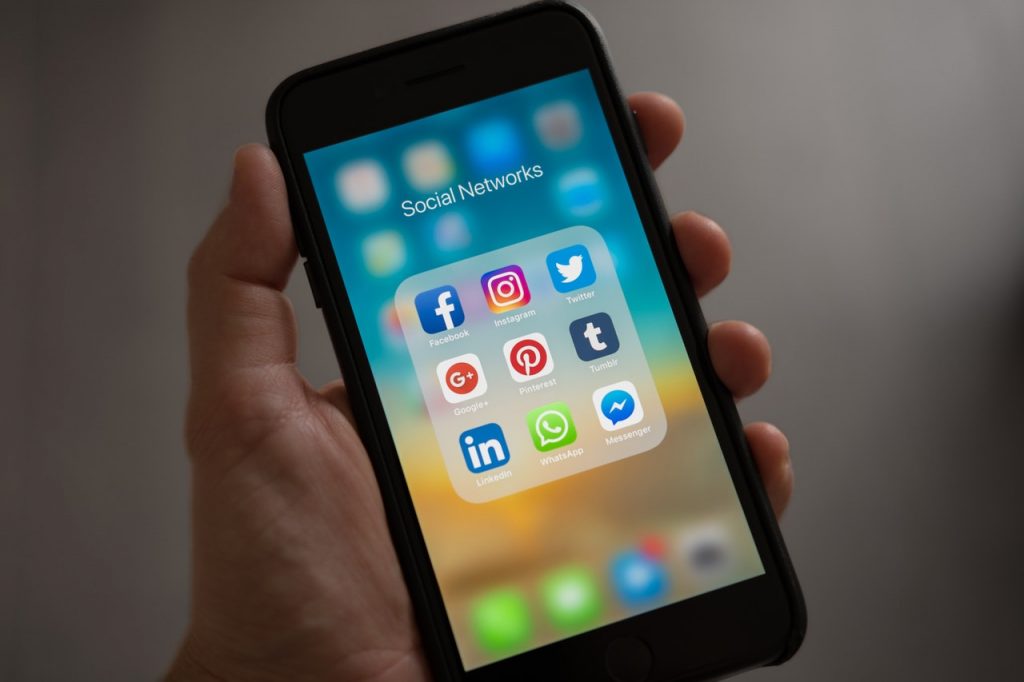Social media can benefit you in many ways. You get to communicate with and get updates on your loved ones and acquaintances through social media. It also provides entertaining and inspiring content that can keep you occupied for hours.
But with these advantages come several disadvantages. And they are reasons why you need to take a social media detox regularly.
Social Media Affects Mental Health
Social media use has been linked to unpleasant effects on mental health. Heavy social media use may result in low self-esteem. For example, if you constantly compare yourself with what you see on social media, it can take a toll on your self-esteem.
Some people also tend to say mean things online. If you’re constantly exposed to such things, you might develop anxiety. And when not properly addressed, this can lead to mental disorders, such as depression.
Social Media Eats Away Time
Social media platforms have an endless scrolling feature. It creates an illusion of endless content, so it’s easy to lose track of time. Prolonged social media consumption can make you unproductive. And this lack of productivity can lead to even more problems. For instance, you might get stressed because you spent most of your time on social media instead of doing urgent tasks.
Social Media Can Lead to Stress
Speaking of stress, social media use can be stressful. As mentioned earlier, some people can be very mean online due to anonymity. Whether the mean things are directed to you or not, constant exposure to them can make you feel stressed.
Also, many users only present their best foot forward in their feeds. This can be stressful as you’ll unknowingly compare yourself to what you see on your timelines.

Social Media Affects Eating Habits
Prolonged exposure to social media can negatively impact your eating habits. When you eat while you browse, you won’t know when to stop and might overeat.
The beauty standards on social media might also result in eating disorders, which are more common among female adolescents. For example, in recent years, social media portrays that a thin figure, which is usually unhealthy, is the standard of beauty. This body image might push users to go through dangerous lengths to lose weight. Also, people recovering from disorders like bulimia and anorexia might have a hard time if they’re constantly consuming content on social media.
How to Social Detox
You can start your social media cleanse by uninstalling social media apps from your phone. You can also block the sites from your computer’s web browser. If going “cold turkey” is not your thing, you can begin with reducing your time on these platforms. For example, set app timers to reduce your time on social media apps to an hour or less a day. Then uninstall or disable these apps after a few days.
You also need to tell your family and friends that you’ll be away from social media. Ask them to contact you via text message or calls instead. This way, they won’t worry when they see that you don’t update your accounts. They’ll also passively become your accountability partners. Since you’ve told them about your goal, you’ll be most likely to stick with it.
You might also consider picking up a new hobby, such as arts and crafts. Or you might start reading new books or reread old books you have. This new hobby will keep you occupied to prevent yourself from accessing your social media accounts.
Taking a break from social media, even for a short period, can benefit your health. Other good things might also come out of it. For instance, you might discover a new hobby by spending your time exploring new things instead of mindlessly scrolling through social media. Good luck with your social media detox!
